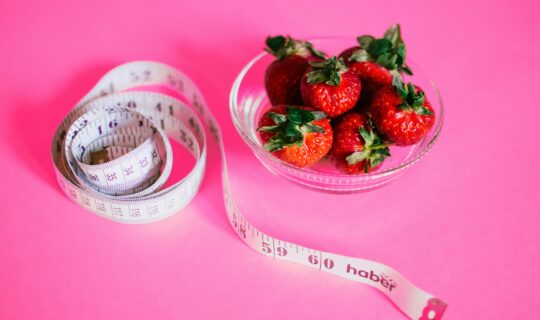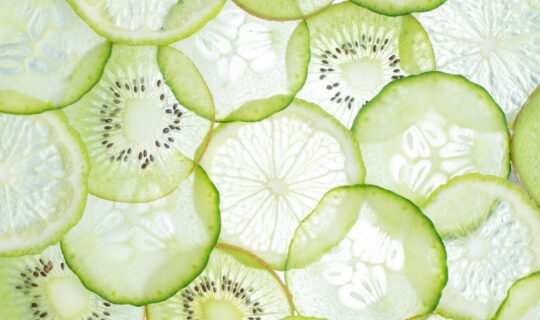If you’ve ever typed “how can I lose weight?” or “best diet to lose weight” into a search engine, you’ve likely come across countless answers—some helpful, some downright confusing or wrong. As a qualified nutritionist, I want to help cut through the noise by addressing common food and weight loss myths that may be holding…
What Kind of Food Should a Diabetic Avoid?
by Lucia Stansbie
13th – 19th June is diabetes awareness week!
One of the first questions diabetic patients ask is “which kind of food should a diabetic avoid?”.
In my practice I’d like more to think about the foods you should include or should swap, without proposing a rigid dietary regime full of “don’t”.
The main foods I suggest including are low glycaemic index (GI)/ glycaemic load (GL) one. With glycaemic index is meant how fast foods are digested into sugars and how quickly it impacts blood glucose levels, but it does not reflect the portion size. GL combines both the quantity and quality of
Carbohydrates, reflecting the amount of carbohydrates a food contains and its GI.
In other words, the GI – is how quick, and the GL – how much and how quick, so is a better parameter to understand the impact of foods on blood glucose levels.
Low GL foods are most vegetables, wholegrains, legumes (chickpeas, lentils, beans, peas) and fruits like apples, berries, citrus fruits, and grapes.
Swapping white carbs with wholegrain ones (for example rye bread instead of white, brown rice instead of basmati, etc..) will make a difference in your blood sugar levels.
The GL in foods is also impacted by cooking and processing methods, as more a food is cooked or processed (for example blended or mashed) the higher is GL content; This is because those factors break down carbohydrate’s chains in the food itself, making it more immediately available and easier for the body to further break it down into glucose which will raise more rapidly. For this reason, al dente (wholegrain!) pasta is a better option than soft-cooked pasta, and chunky soups are to be preferred to blended ones.
Another suggestion is in the order you eat your food: studies show a less significant blood sugar spike if you eat vegetables first, then proteins and then carbohydrates in comparison to eat them all together (like in a sandwich for example) or in a different order.
Talking about vegetables, I always suggest clients to have plenty of fibre – the NHS recommends 30gr per day (to give a reference 100gr of kale have around 2gr of fibre)! Fibre helps to slow down digestion and the breakdown of carbohydrates into glucose, for this reason a whole orange (has fibre for the fruit flesh) is better than just orange juice (no fibre at all).
A balanced diet with plenty of vegetables, legumes, wholegrains, healthy fats and proteins inspired by the Mediterranean diet is ideal for pre-diabetic and diabetic patients to help stabilising blood sugar levels and support cardiovascular health.



